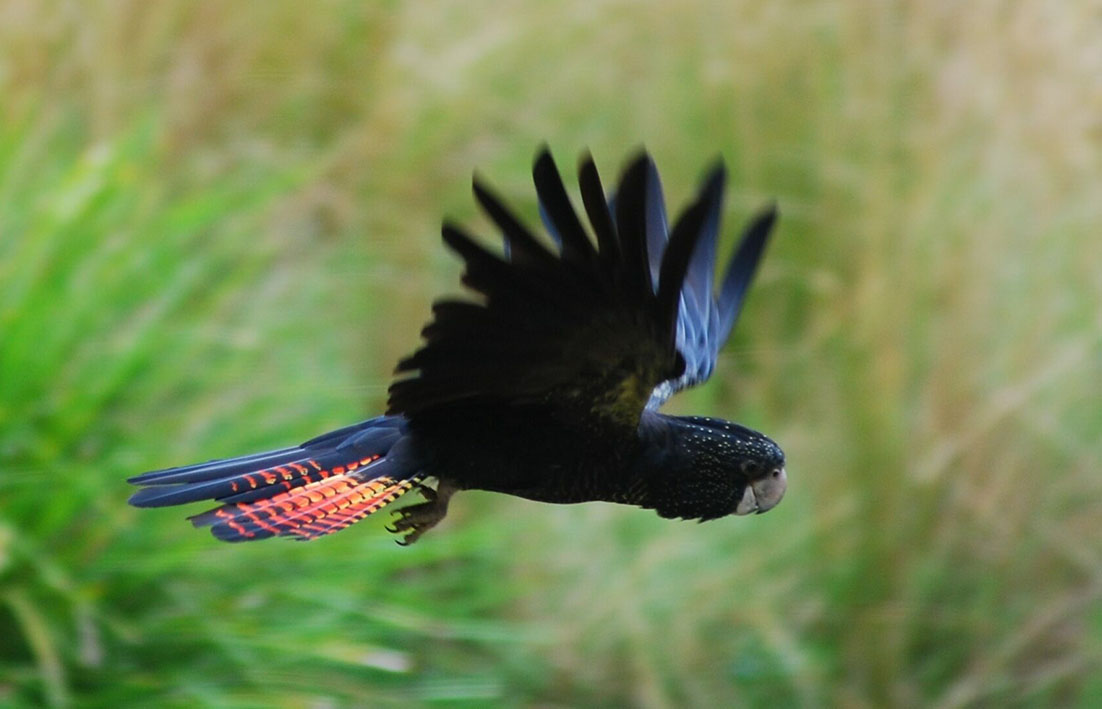
TRILLION Trees, an environmental non-profit in Hazelmere, is fundraising this Christmas to plant native trees for black cockatoos.
Native trees are needed by black cockatoos for both habitat and food, and Trillion Trees chief executive officer Mark Hullett said between the lasting impacts of summer heatwaves and the continued clearing of native bushland for urban and rural development, these iconic Western Australian birds were in peril.
“Our black cockatoos are in crisis,” he said.
“We urgently need to plant thousands more trees for black cockatoos as so many of their food sources have been lost to land clearing for development and the impact of last summer’s record-breaking heatwave.
“Our black cockatoo Christmas campaign invites West Australians who are fans of these majestic birds to take action to save them by donating money towards the planting of more trees which will one day act as feeding and roosting sites for these at-risk birds.
“This campaign is important because black cockatoos are iconic West Australian birds and we need to protect them.”
Next year, Trillion Trees will be placing nesting boxes at restoration sites where black cockatoos have been spotted, providing crucial short term roosting and breeding habitat until the trees planted are mature enough to support the cockatoos to live in them.
Restoration sites in the area include Reg Bond Reserve in Viveash, Helena River in Hazelmere, Whiteman Park in Caversham and Guildford Meadows where planting volunteers excitedly spotted a flock of Carnaby’s black cockatoos flying overhead during a winter planting day earlier in the year.
Other projects extend out to the Wheatbelt and Great Southern regions and include restoration of wetland, eucalypt and banksia forests.
Trillion Trees will plant a variety of trees and native plants to act as both feeding and roosting sites for the three key local species of black cockatoos: Carnaby’s, Baudin’s and the forest red-tailed.
Banksias, a main food source for all three species, needs at least 10 years to mature enough to grow fruit, which Mr Hullett said is why planting needs to happen urgently and on a large scale.
Donations can be made through this webpage.